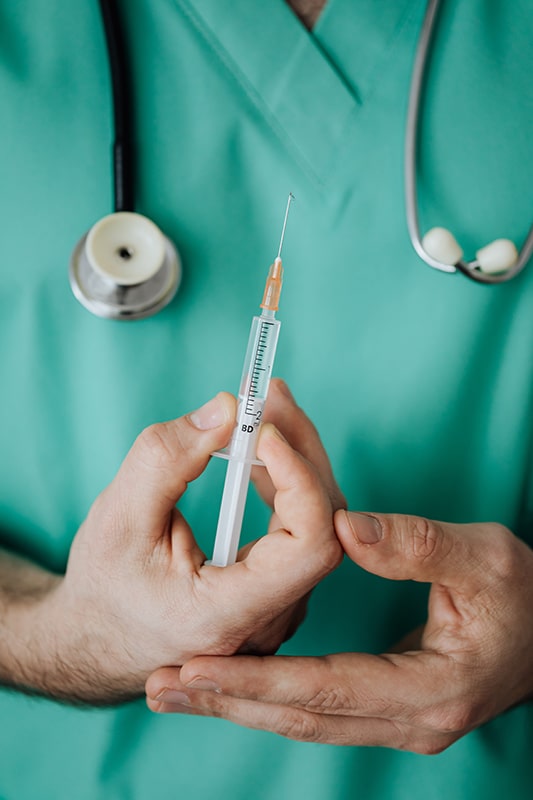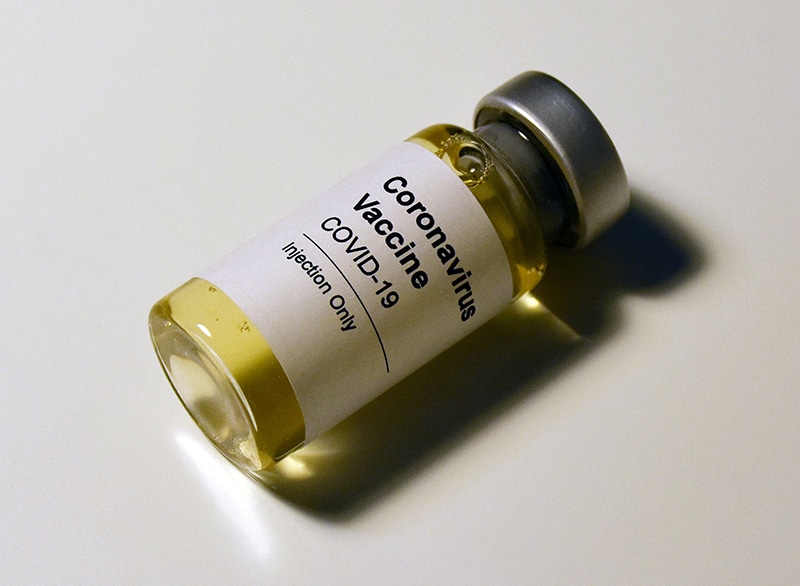Pfizer vs. Moderna: What’s the Difference In the COVID-19 Vaccines?
The time has finally come. We now have a vaccine. And really, we have two! Both Pfizer and Moderna have developed COVID-19 vaccines which have both been approved by the FDA for emergency use. Many of us already know that as news travels fast, but the question everyone wants to know is… What’s the difference between the two vaccine options?
When there are two medical options, naturally, we want to know which one is better so that we can make the best decision. And, as nurses, we want to guide our patients in the best way possible.
Below, we’ll take a look at how the two vaccine’s work and compare vital similarities and differences.

Similarities
In addition to the vaccines both having the same mechanism of action, they also feature some other essential similarities.
Side effects
Every vaccine, medical procedure, or medication can have side effects; both the Moderna and Pfizer vaccines are no different. The vaccines have both reported similar side effects which include, but are not limited to:
- Injection site pain
- Fatigue
- Headache
- Joint and/or muscle pain
Typically, you would see these side effects within 24-48 hours.
Side note: The CDC has recommended for hospitals to stagger vaccinations among staff in different departments so that if there are any side effects that prevent them from working, the entire department won’t be out of commission.
Efficacy rates
Both vaccines have reported similar efficacy rates in their clinical trials. The efficacy reported by Moderna was 97.1% and for Pfizer, it was 95%. Each vaccine was shown to be equally effective among all tested age groups, race, ethnicities, and genders.
One thing to keep in mind is that these rates are for immediate efficacy, it is still in the long-term study phase for how each of them will present as time goes on.
Now, let’s take a look at some important key differences between the two vaccines.

Pfizer vs. Moderna Differences
Dosing Days and Amounts
Each of the vaccines has a different amount of days in between doses.
For Moderna, the first and second doses are given 28 days apart. The Moderna vaccine is also 100 micrograms per dose.
The two Pfizer vaccine doses are given just 21 days apart, but it contains only 30 micrograms per dose.
However, just because the dosing schedules and amounts are different, they have both produced rather similar results; the methods of delivery are just slightly different.
Storage Requirements and Stability
Both vaccines must be kept cold throughout transport and storage. (This has presented some issue with transport and availability, as you may have already seen.)
The Pfizer COVID-19 vaccine is shipped at -94𝇈F and must be used within 5 days of thawing to maintain stability. However, it must be kept refrigerated during those 5 days.
The Moderna vaccine is shipped at -4𝇈F and can be kept refrigerated for 30 days. This one will keep for 12 hours at room temperature without losing stability.
Minimum Order Requirements and Doses Per Vial
Moderna only requires a minimum order of 100 vials and each vial is 10 doses. Pfizer requires a minimum order of 975 vials with 5 doses each.
Though this might not seem that important; logistically, minimum order requirements can pose an issue.
Since the Pfizer vaccine requires a much larger order and has to be kept colder, it limits the number of facilities that can offer the vaccine because they must have the manpower to administer that many doses and have a freezer that can stay at such a low temperature.
Age Requirements
Though children can contract COVID-19 as well, there are age requirements for the vaccines. Pfizer only requires vaccination recipients to be 16 with parental consent, but Moderna requires recipients to be 18.
These numbers are largely based on the ages of participants who were enrolled in the clinical trials.
However, there is good news! Moderna is already working on testing the vaccine in younger age groups!\
So is one vaccine better than the other? They have some differences, but the efficacy and the side effect profile are similar, making them equal candidates for protection.
Did you recently receive the vaccine? We want to hear from you! Join the conversation below!





0 Comments